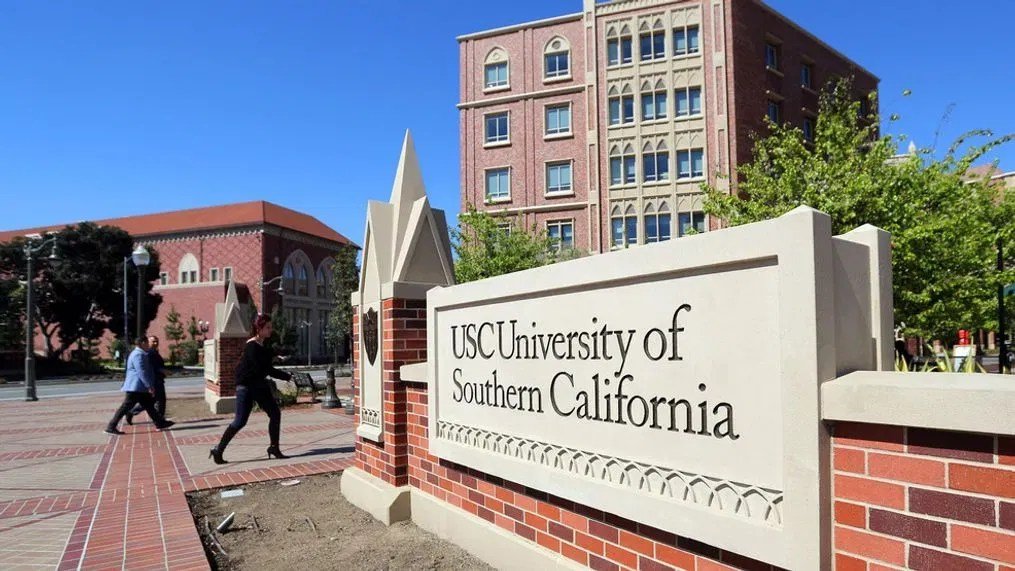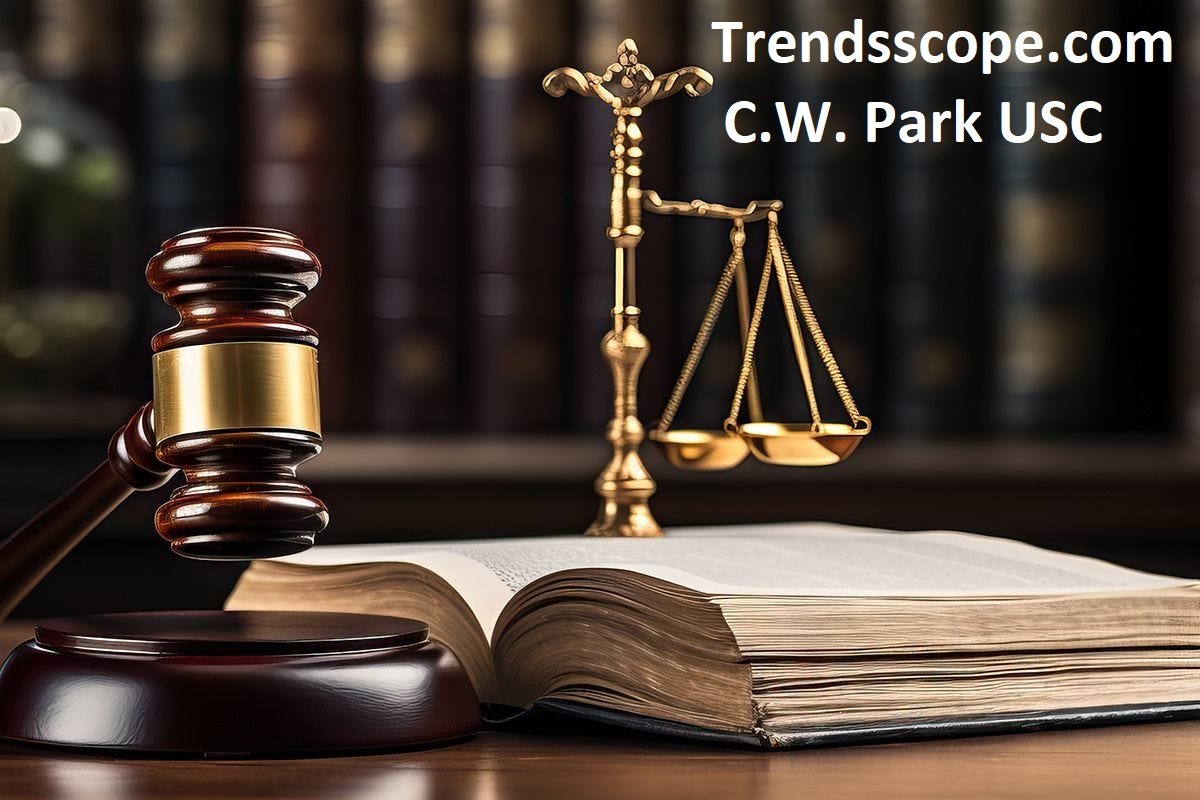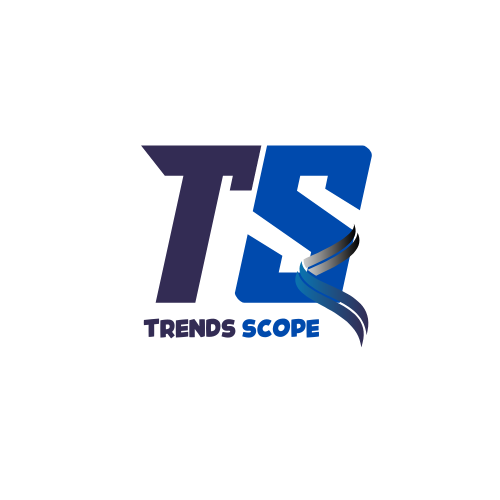The C.W. Park USC Lawsuit: Dive into Academic Integrity
Introduction:
In the academic world, knowledge and ethics constitute an added value for education. Nevertheless, the exploration, often slows down by the various controversies and litigation cases, as happened in the recent test case with the C.W. Park USC Lawsuit. The article aims at exposing the complexities surrounding the C.W. Park USC Lawsuit, the allegations, as well as the lessons that institutions of higher learning should take away from it.
Understanding the Case:
The C.W. Park USC investigation study is focused on academic misconduct and deviation from fundamental research practices, fraud. C.W. Park, a highly respected marketing professor at the Marshall’s School of Business at University of Southern California, was found guilty of faking data in some of his research papers that were published in the name of famous and leading academic journals. These briefs were said, representing results about consumer trends and marketing, along with consequences in the field of research and use in industry.
The accusation of Park set the readers of the research community into this unwanted surprise, cutting on the trustworthiness of research and the reliability of scholarly publications. This litigation revealed the need for a moratorium on the practice, the scrutiny into the pressure for publishing and peer-review processes, and the transparency and accountability in scientific research.

Implications for Academic Integrity:
The C.W. Park USC case contemplation, we are reminded that academic ethics and integrity should be upheld in research pursuits. With the use of the existing artificial intelligence and research methodologies, universities should be able to create knowledge that is factual, correct and clinically testable.
The case teaches us the issues and difficulty of establish supremacy in academia publishing. With the plethora of online journals and the importance given to publish in high-impact outlets by investigation, researchers may end up engaging in unethical practices or hurrying to publish to reduce the risk of losing their career opportunities. This principle gives rise to the need for rigorous oversight, well-defined rules, and ethical training, so that observing the highest research ethics codes becomes a vital element.
Lessons Learned:
The C.W.R. Park case United States of America vs. Shanghai University fraud serves as a stiff lesson that can be learned from research misconduct and this lays the foundation for improved academic standards. It highlights the fact that it is crucial to have the entire process well documented, accountable and the people found guilty will be apprehended and punished accordingly. Academic institutions at the same time have to be able to react with appropriate speed to allegations of misbehavior in a way that allows preserving the scholarly enterprise as a whole and the reputation of the institution.
In addition to this, the situation emphasizes the role of transparency and openness as critically vital pillars in academic research. Researchers should be stimulated to broaden the sharing of research data, methods, results, and others, to enable occasional checking of the veracity of results. This, in turn, supports the growth of science and assures reliability of academic research that makes it trustworthy.
Moving Forward:
The trial as it progresses and the community in academia is coping with the aftermath of the C.W. Park USC lawsuit, it is significant to give room for contemplation over the broad picture of what academic integrity and research ethics mean in this time and age. Institutions are required to strengthen the existing research culture by strictly adhering to rules of scientific integrity and honesty. A culture of academic excellence must form where everybody has the opportunity to explore and share their scientific ideas
However, these C.W. Park cases can be my case for the academic community in the end, and make everyone who participates in research to be honest and ethical. Institutions can be successful in maintaining good standing of scientific research thanks to learning from this case and applying methods of responsible and proper research performance. This would advance knowledge and benefit the society.
![]()
FAQs:
What is the C.W. Park USC Lawsuit?
It involves legal disputes between C.W. Park and the University of Southern California (USC).
What is it about?
Allegations or claims made by C.W. Park against USC, such as breach of contract or discrimination.
Who is involved?
C.W. Park and USC are typically the primary parties involved.
Current status?
Check legal sources or news outlets for updates on proceedings.
Duration?
Varies based on filing date and legal complexities.
Expected settlements?
Settlements depend on legal strategies and court outcomes.
Where to find more information?
Legal databases, news outlets, or USC’s official channels may provide details.





